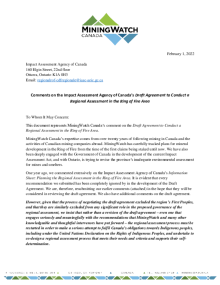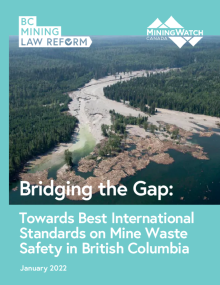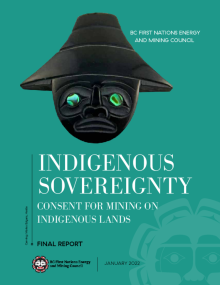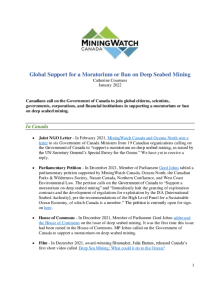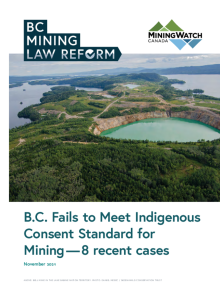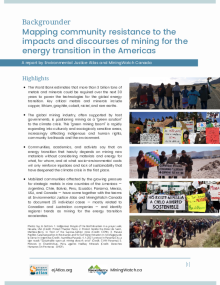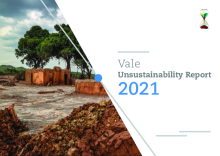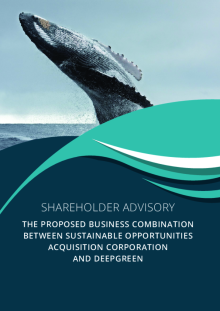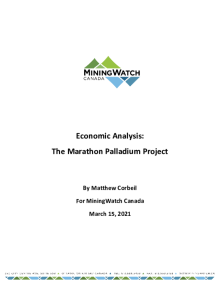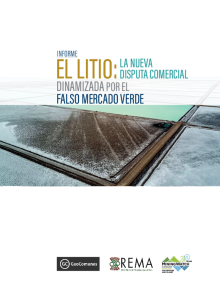Comments on the Impact Assessment Agency of Canada’s Draft Agreement to Conduct a Regional Assessment in the Ring of Fire Area
Given that the process of negotiating the draft agreement excluded the region’s First Peoples, and that they are similarly excluded from any significant role in the proposed governance of the regional assessment, we insist that rather than a revision of the draft agreement – even one that engages seriously and meaningfully with the recommendations that MiningWatch and many other knowledgeable and thoughtful intervenors have put forward – the regional assessment process must be restarted in order to make a serious attempt to fulfil Canada’s obligations towards Indigenous peoples, including under the United Nations Declaration on the Rights of Indigenous Peoples, and undertake to co-design a regional assessment process that meets their needs and criteria and supports their self-determination.
